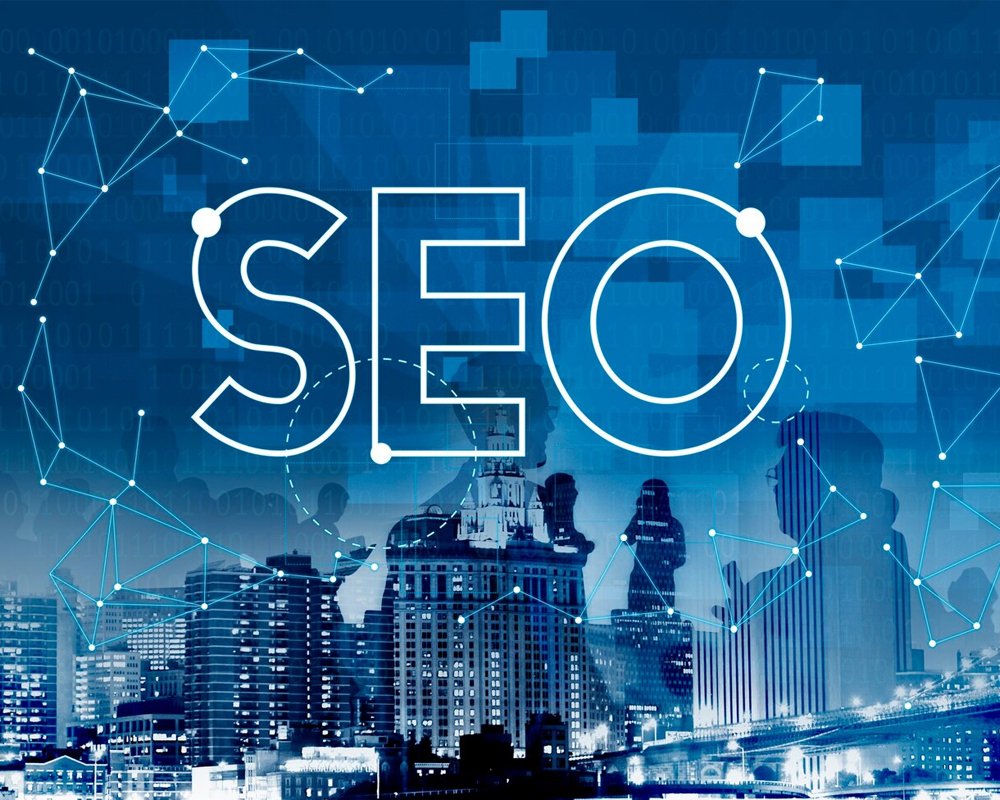Uncategorized
The Importance of SEO in Today’s Digital Landscape
In the highly competitive digital world, standing out online is more challenging than ever. As businesses of all sizes strive to capture attention, Search Engine Optimization (SEO) has emerged as one of the most critical tools in the digital marketing toolbox. Whether you’re running a small local business or managing a large corporation, SEO plays an essential role in driving traffic, increasing visibility, and ultimately growing your brand. This article explores why SEO is crucial for online success and how it can impact your business.
1. Increased Website Visibility
The primary goal of SEO is to make your website more visible in search engine results, such as Google, Bing, and Yahoo. When people search for products or services related to your business, you want your website to appear at the top of the results. Studies show that the top five results on a search engine page receive over 75% of the clicks. Without SEO, your website may never rank high enough to attract organic traffic, meaning potential customers may not even know you exist.
2. Drives Organic Traffic
Organic search traffic refers to the visitors who land on your website through unpaid search engine results. Unlike paid advertising, which can get expensive, organic traffic is essentially free. Effective SEO strategies, including keyword optimization, content marketing, and backlink building, help your site rank higher for relevant queries, driving a steady flow of visitors to your site. The more optimized your content is, the better your chances of converting those visitors into leads or customers.
3. Builds Credibility and Trust
Websites that rank high in search engine results are often perceived as more credible and trustworthy. Users trust Google and other search engines to deliver the most relevant and reliable results. By implementing SEO best practices—such as improving site speed, ensuring mobile-friendliness, and using secure HTTPS protocols—you not only enhance your rankings but also improve your website’s user experience, which builds trust with your audience.
4. Cost-Effective Marketing Strategy
Compared to traditional marketing and paid advertising, SEO is one of the most cost-effective ways to promote your business. While it requires an investment of time and effort, particularly in content creation and website optimization, the long-term benefits far outweigh the initial costs. SEO delivers ongoing results, and once your site begins to rank well for key terms, you can maintain that position with regular updates and minor tweaks, rather than a constant injection of funds.
5. Provides Insights into Consumer Behavior
One of the most underrated benefits of SEO is the insight it provides into your customers. SEO tools like Google Analytics allow you to track how people find and interact with your website. You can see which keywords bring in the most traffic, where visitors are coming from, and what actions they take on your site. This data helps you understand your audience’s preferences, behaviors, and pain points, which can inform your broader marketing strategies.
6. Enhances User Experience
SEO isn’t just about pleasing search engines—it’s also about creating a positive user experience. Google and other search engines prioritize websites that offer a seamless, user-friendly experience. By focusing on improving site structure, loading speeds, and mobile responsiveness, SEO helps ensure that your visitors can easily navigate and engage with your content. A positive user experience not only improves your rankings but also boosts your chances of retaining visitors and encouraging repeat business.
7. Gives You a Competitive Edge
If your competitors are investing in SEO and you’re not, you’re missing out on a significant opportunity to gain an edge in your industry. By optimizing your website and content, you can outperform competitors in search engine rankings, capture more market share, and establish your brand as an authority in your field. In many industries, appearing on the first page of search results can be the difference between thriving and falling behind.
8. Adaptability to Changing Consumer Trends
SEO is not static; it evolves along with changes in search engine algorithms and user behavior. As consumer trends shift—whether it’s the rise of voice search, mobile browsing, or local search optimization—SEO allows your business to adapt and stay relevant. By staying up-to-date with SEO trends and continuously optimizing your content, you ensure that your business can keep up with changing consumer needs and preferences.
Conclusion
SEO is no longer optional for businesses looking to succeed online. It has become a fundamental part of any digital marketing strategy, offering a range of benefits from increased visibility to a higher return on investment. By leveraging SEO, you can drive more organic traffic, build trust with your audience, and stay ahead of the competition. In the fast-paced world of digital marketing, SEO provides a sustainable way to grow your business and reach your target audience effectively.

